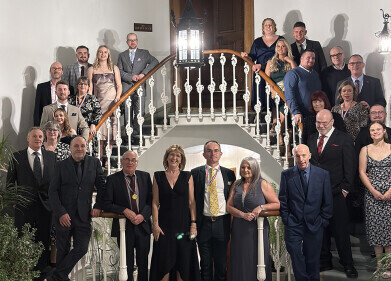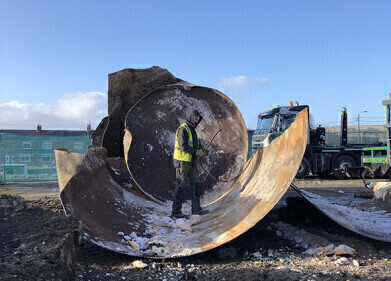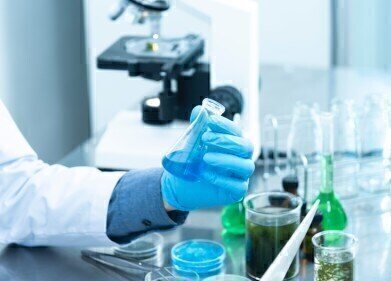Soil remediation
Project seeks sustainable soil remediation techniques
Jun 18 2014
A project is aiming to deal with the global problem of soil pollution by developing a protocol to recover soil that has been contaminated with heavy metals and other substances, such as arsenic. The LIFE I+DARTS project is co-financed by LIFE+ and aims to help remediate soil on sites that were previously used for mining or industrial purposes.
Soil pollution has become a large problem across the globe, often threatening human health while also having severe economical and environmental effects. Throughout Europe, large areas of contaminated land have been identified following closure of industrial operations and mines; meaning it is unclear what the land can be used for in the future.
Soil remediation to decontaminate land is a difficult and expensive process; however, the team behind the LIFE I+DARTS project is aiming to develop sustainable and innovative remediation techniques and technologies to decontaminate polluted soil. The project will be running until August 2016 and has already had some interesting results.
It has been discovered that a number of plants - including yellowhead, willow and birch - as well as leguminous plants - like melilotus alba - can absorb arsenic and heavy metals, accumulating large amounts of the substances.
The team also found certain endophytic bacteria, which can resist high levels of arsenic. They also detected the presence of a fungi that favours decontamination processes. These findings could help lead to the development of biological techniques that could help to remediate land that has been classed as being contaminated for over ten years.
Currently soil remediation is performed through three main methods: excavation and landfill disposal, the use of biological of physic-chemical technologies to remove contaminants, or contaminant. The project only makes use of the second option as the other two techniques are not sustainable and can be too expensive.
The scheme has been running since 2012 and has made some solid steps in discovering new and sustainable methods for soil decontamination.
Events
Aug 24 2025 Stockholm, Sweden and online
Aug 27 2025 Busan, South Korea
Sep 02 2025 Mexico City, Mexico
Sep 02 2025 Mexico City, Mexico
Sep 09 2025 Moscow, Russia





-from-Landia-are-on-their-way-to-Estonia.jpg)







